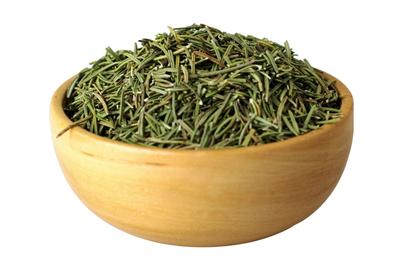Product Description
Rosemary has a long history of culinary and aromatic uses, in addition to applications in traditional herbal and Ayurvedic medicine .
The rosemary bush (Rosmarinus officinalis) is native to South America and the Mediterranean region. It’s part of the Lamiaceae family of plants, along with mint, oregano, lemon balm, and basil .
Many people enjoy rosemary tea for its flavor, aroma, and health benefits.
Here are 6 potential health benefits and uses of rosemary tea, as well as possible drug interactions and a recipe to make it.
Antioxidants are compounds that help protect your body from oxidative damage and inflammation, which can lead to chronic diseases like cancer, heart disease, and type 2 diabetes.
They can be found in a variety of plant foods, such as fruits, vegetables, and herbs like rosemary. Rosemary tea also contains compounds that may have anti-inflammatory and antimicrobial properties.
The antioxidant and anti-inflammatory activity of rosemary is largely attributed to its polyphenolic compounds like rosmarinic acid and carnosic acid .
Due to its antioxidant capability, rosmarinic acid is often used as a natural preservative to increase the shelf life of perishable foods.
The compounds in rosemary tea may also have antimicrobial properties, which may help fight infections. Rosemary leaves are employed in traditional medicine for their antibacterial and wound healing effects.
Studies have also investigated the effects of rosmarinic and carnosic acid on cancer. They have found that the two acids may have antitumor properties and even slow the growth of leukemia, breast, and prostate cancer cells.

